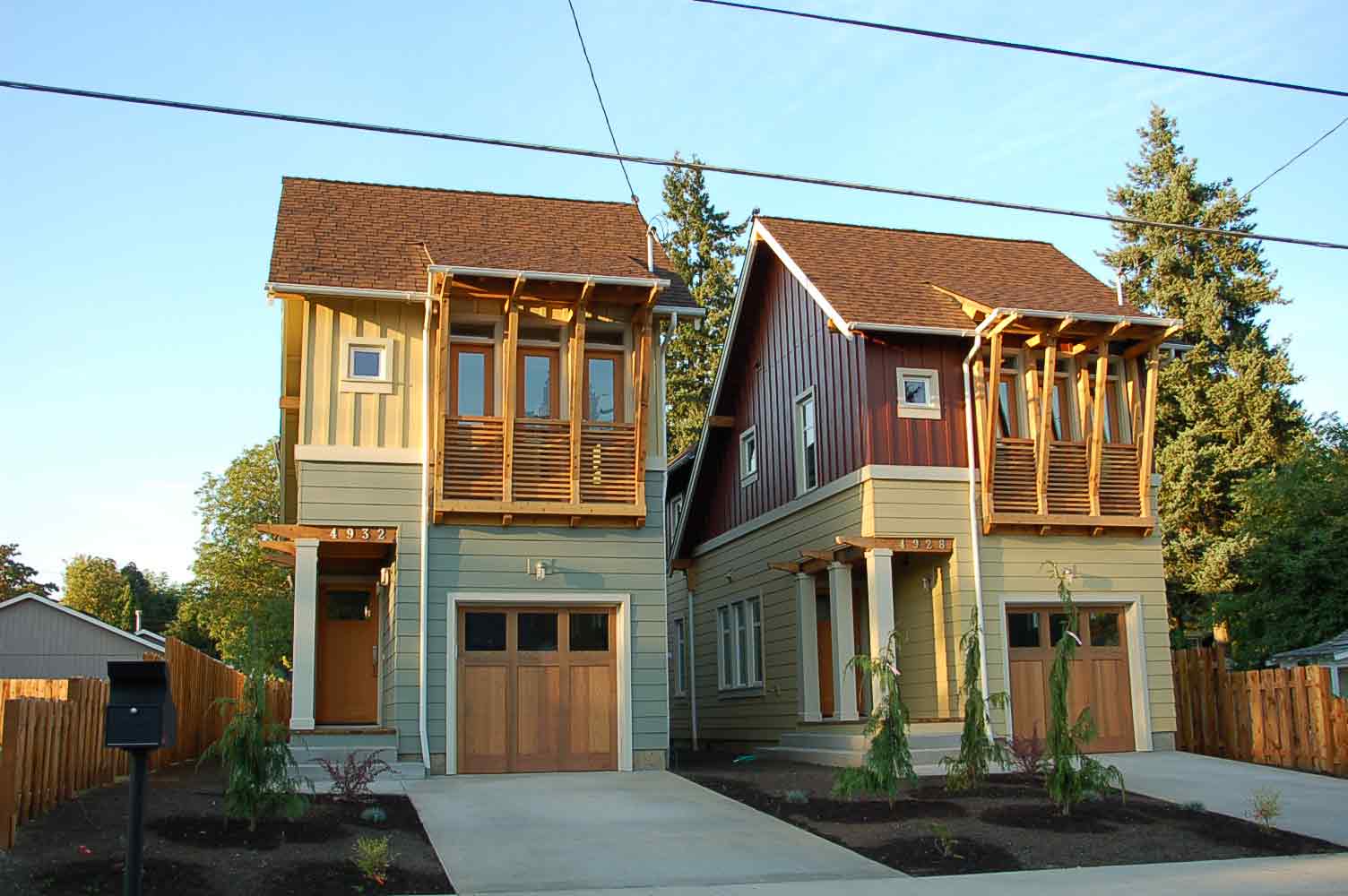Strategy of the Month: Case Study ClearinghouseJune 2011 A new online resource from HUD USER, the Case Study Clearinghouse, highlights innovative policies and projects that support sustainable and affordable housing development. The first series of case studies from the Clearinghouse focus on three unique local government programs — the Living Smart Program in Portland, Oregon; the Small Lot Ordinance developed by Los Angeles, California; and Kirkland, Washington’s Cottage Housing Ordinance — that promote small housing development. Here’s a brief description of each case study: 
Portland’s Living Smart Program. Through its Living Smart Program, Portland offers permit-ready home plans — plans preapproved by the city council that have already passed life, safety, and structural review — that developers can acquire to build on small, infill lots in the city’s neighborhoods.
We hope this information will assist communities as they continue to look for ways to promote sustainable affordable housing. If you have successfully implemented affordable housing programs of any kind, would like to share resources, or require assistance in identifying additional policy tools, research, or strategies available through our searchable online Clearinghouse database, email us at rbcsumbit@huduser.gov, call us at 1-800-245-2691 (option 4), or visit our website at www.regbarriers.org. |

|
|
|

